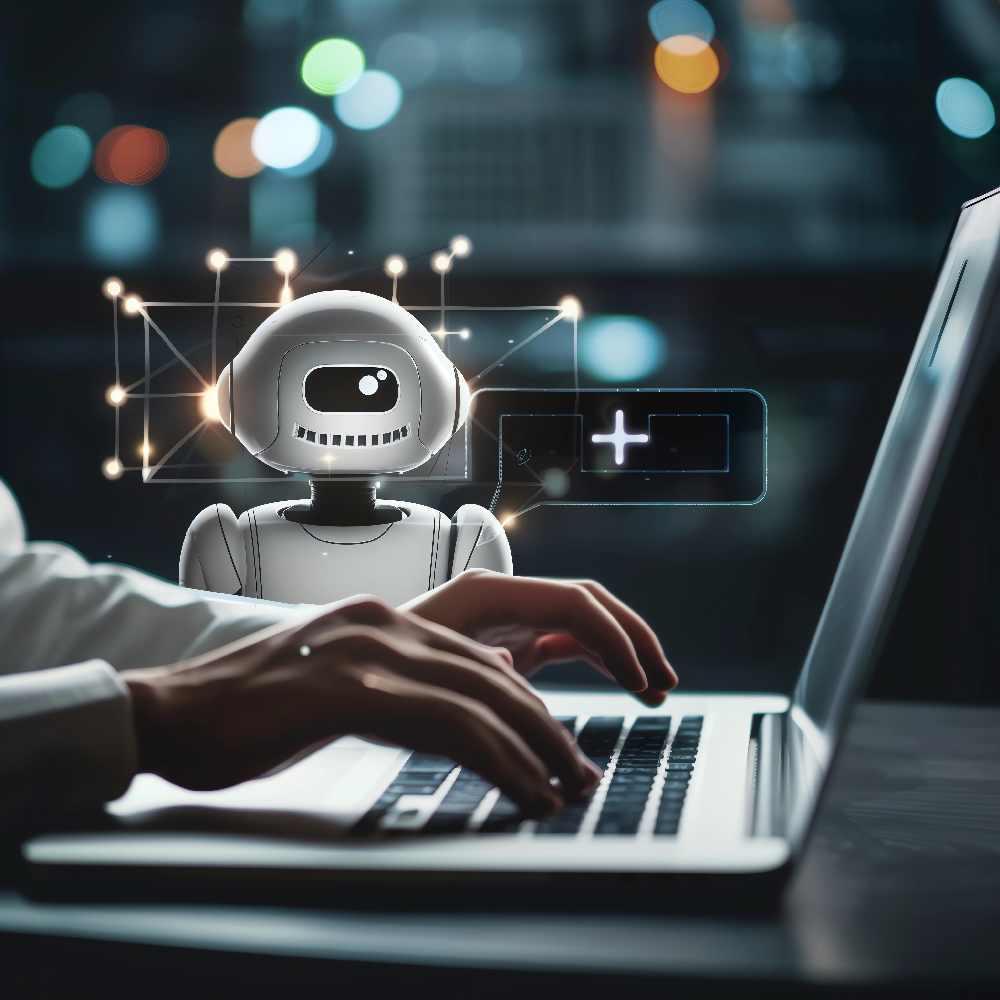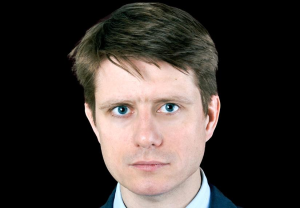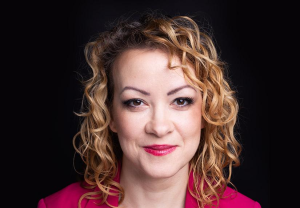
ongoing
The impact of AI tools, such as ChatGPT, on concepts of plagiarism, originality and academic integrity in law school assessments

principal investigator / project leader
Ph.D. / Associate Professor
project value: PLN 140,707
funding source: National Science Center
discipline: law
location: Warsaw
duration: 2024 2025
Researchers from SWPS University’s Faculty of Law in Warsaw, in collaboration with legal professionals and academics from the University of Portsmouth and the University of Sheffield, will examine how AI affects contemporary academic challenges and provide practical recommendations for academic communities to deal with this phenomenon in the world where technology plays an increasingly important role.
Grant form the National Science Center No. 2023/51/B/HS5/02884
Project objectives
At present, the dynamic development of artificial intelligence (AI) language models such as ChatGPT has begun to play a significant role in education, shedding new light on many aspects of traditional academic education. One of the most critical issues that academia should first address is the matter of plagiarism and originality in student and academic works. This international research project focuses on the impact that AI tools have on academic standards in legal studies within the aforementioned scope, concentrating on ChatGPT. Its primary goal is to determine how the current understanding of plagiarism and originality remains relevant in the new reality (in two different legal systems) and, consequently, how universities should adapt to it.
The hypothesis assumes the existence of a significant difference in the perception of these tools between students and academic staff, which could have far-reaching consequences for the future of legal education. This matters a lot because if plagiarism or academic dishonesty is found in a law student’s or academic’s work, it could potentially lead to disciplinary actions, halting their academic progress, loss of respect in both academic and professional communities, and serious hurdles in their future legal or academic career. This really emphasizes the importance of having clear guidelines and ethical standards for using AI in legal education.
In a time of rapid development of language models such as ChatGPT, legal education faces significant challenges. I believe that academia must quickly adapt to these changes in order to maintain its integrity and credibility. There is a clear need to introduce new guidelines that will protect the originality of student work, while also acknowledging the growing technological capabilities that are becoming a part of everyday academic life. We would like this research project to not only help understand how AI affects contemporary academic challenges, but also to provide practical recommendations for academic communities, enabling them to better prepare for a future where technology will play an increasingly important role.

Piesiewicz, Piotr
Principal Investigator
Role in the Faculty
{"funkcja-na-wydziale0":{"Funkcja":"","\u0141\u0105cznik":"","Nazwa w mianowniku":"Faculty of Law in Warsaw"}}
Role in the Department
{"funkcja-w-katedrze0":{"Funkcja":"","\u0141\u0105cznik":"","Nazwa w mianowniku":"Department of Private Law"},"funkcja-w-katedrze1":{"Funkcja":"Head","\u0141\u0105cznik":"of the","Nazwa w mianowniku":"Center for Legal Education"}}
Role in the Institute
{"funkcja-w-instytucie0":{"Funkcja":"","\u0141\u0105cznik":"","Nazwa w mianowniku":"Institute of Law"}}
Specialization
lawyer, attorney
First and last name
Piotr Piesiewicz
Academic degree or title
Ph.D. / Associate Professor
Email
This email address is being protected from spambots. You need JavaScript enabled to view it.
Institute
Institute of Law
Role in the Research Center
[]
Ph.D. / Associate Professor Piotr Piesiewiczlawyer, attorney
Methodology
The project begins with a review of literature concerning the use of AI tools in education, as well as that relating to the issues of plagiarism and originality. We will analyze the educational policies of universities in Poland and England, which will allow for the capture of cultural and systemic differences in the approach to these issues. These countries represent two separate legal systems, while the challenge posed to academia by various AI tools is identical.
Then, by conducting surveys among students and lecturers, the researchers will attempt to determine whether there are differences, and if so what kind of differences, in the use of AI tools, the approach to the possibility of using them, and their impact on the works created by the academic community.
Focus groups constitute a key part of the project. This method aims to delve into individual experiences and opinions of participants concerning the use of available AI tools, which provide support for (or replace) independent writing of a text.
While the surveys will help to determine what the respondents declare and what are their feelings related to using AI tools and their impact on the originality of works, our research in focus groups will allow to ascertain the consistency of these declarations with the actual behavior of the participants. Additionally, the goal of the focus groups is to show how the respondents (from different groups) use AI tools, which can provide “support” in writing academic texts.
Research Team

Piaskowska, Olga
Specialization
lawyer, advocate
First and last name
Olga Piaskowska
Academic degree or title
Ph.D. / Associate Professor
Role in the Faculty
{"funkcja-na-wydziale0":{"Funkcja":"","\u0141\u0105cznik":"","Nazwa w mianowniku":"Faculty of Law in Warsaw"}}
Role in the Department
{"funkcja-w-katedrze0":{"Funkcja":"","\u0141\u0105cznik":"","Nazwa w mianowniku":"Department of Private Law"}}
Role in the Institute
{"funkcja-w-instytucie0":{"Funkcja":"","\u0141\u0105cznik":"","Nazwa w mianowniku":"Institute of Law"}}
Email
This email address is being protected from spambots. You need JavaScript enabled to view it.
Faculty
Faculty of Law in Warsaw
Institute
Institute of Law
Role in the university
Academic Ombudsman at SWPS University
Role in the Research Center
[]
Ph.D. / Associate Professor Olga Piaskowskalawyer, advocate
Practical application of results
The goal of the project is twofold, firstly to provide an assessment of the current state of affairs, in particular how AI tools have influenced the change in the concept of “originality” of work, and secondly, based on the obtained results, to formulate practical recommendations for academic and legal environments. By this, the project will provide support for the challenges associated with the growing presence of AI in education. We believe that the achieved result will help to balance the approaches of the enthusiasts and critics of new technologies by offering a levelled view on the role of AI tools in shaping the future of legal education, and provide best practices and guidance for other disciplines as well.